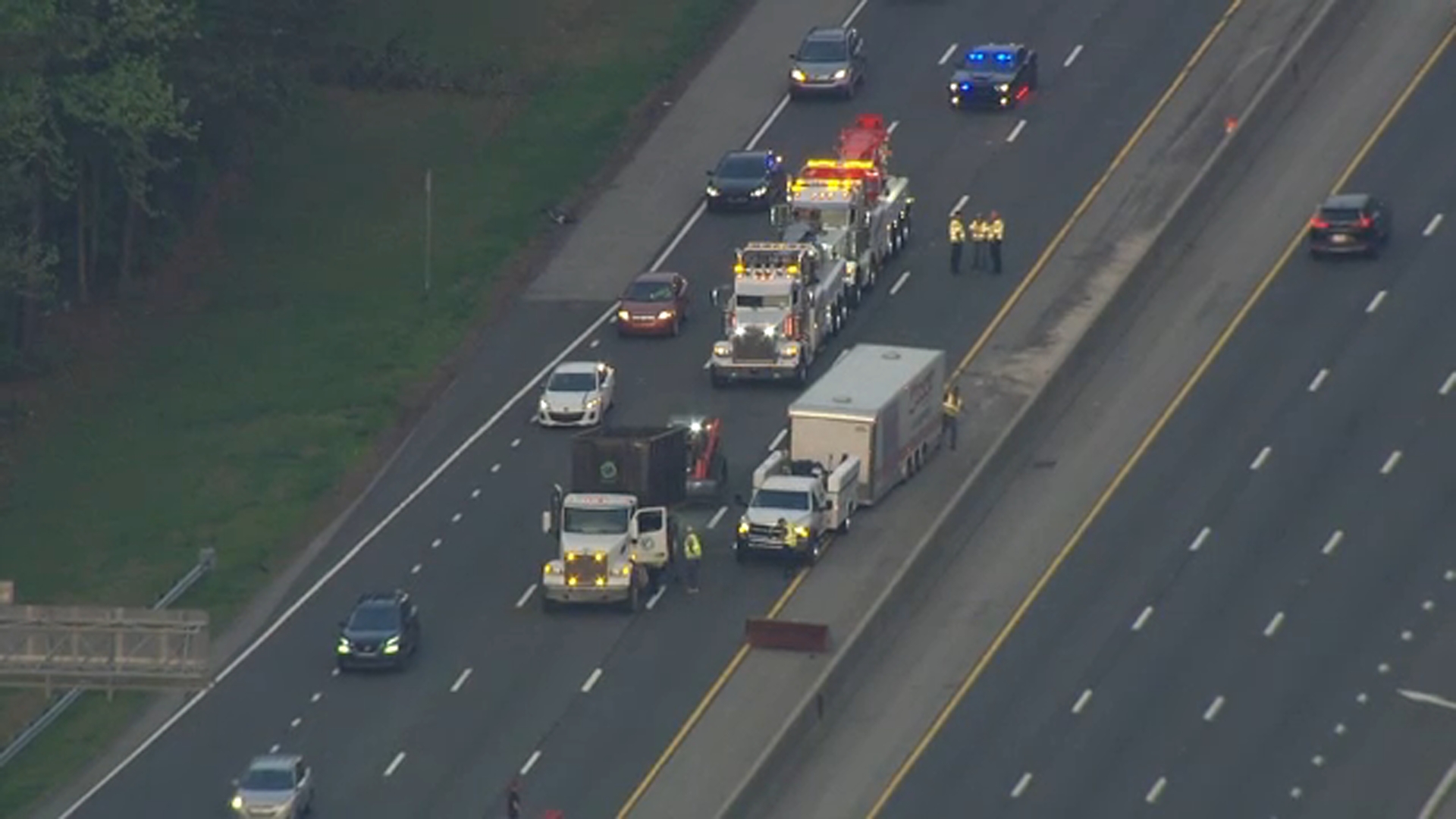Watch out for these common election scams during campaign season

Early voting is here, and while you decide who to cast your vote for, you also need to be on guard for election scams.
It's campaign season, which means you may have gotten a call, text or email, asking if you'll take part in a political poll, or asking for a campaign contribution, but before you agree to anything, know that sometimes scammers could be behind it.
RELATED | NC appeal court blocks state's voter ID law pending a final decision
The Better Business Bureau of Eastern North Carolina warns to watch out for these common political scams:
Fundraising: You get a call from someone claiming to represent a political candidate, raising money to support the campaign. They may be collecting funds for a specific cause, such as healthcare reform, or on behalf of a group of people, such as veterans. Targets report that callers are typically pushy and demand immediate action. Even if the caller is not a scammer, some groups may be poorly managed and not actually spend the money the way they describe on the phone.
Polling: The call is from someone claiming to be conducting a political survey. The pollster wants to ask you questions about the upcoming election. In exchange for a few minutes of your time and your opinions, you will get a gift card or other reward. After asking several legitimate-sounding survey questions, the caller typically then asks you to provide your credit card number to pay for the shipping and taxes of the "prize" you've won. Legitimate polling companies rarely offer prizes for participating in a survey, and none would ask for a credit card number.
Impersonation: You get a call that sounds like one of the candidates, or perhaps even the president, asking you to make a special contribution. This scam uses real audio clips of politicians' voices, likely lifted from speeches or media interviews. Digital technology has made these recordings sound very realistic. At some point, the politician will ask for a donation and request that you push a button to be redirected to an agent, who will then collect your credit card information. Since real politicians use pre-recorded calls, it's challenging to tell which ones are fake.
Remember all of these scams can also happen in the form of mail, email, social media, and text. To avoid falling victim to political scams, the BBB provides these tips:
Donate directly to the campaign office: Donations made over the phone can be valid, but to be sure you are donating directly to the campaign, donors should give either through the candidates' official website or at a local campaign office.
Watch for spoofed calls: Your Caller ID may say that someone from Washington DC or from a campaign office is contacting you, but scammers can fake this using phone number spoofing technology.
Beware of prize offers: Just hang up on any political pollster who claims that you can win a prize for participating in a survey. Political survey companies rarely use prizes, so that is a red flag (especially if they ask you to pay for shipping or taxes in order to claim it).
Don't give out personal or banking information: Political pollsters may ask for information about your vote or political affiliation, and even demographic information such as your age or race, but they don't need your Social Security number or credit card information.
Research fundraising organizations before donating: Be especially cautious of links that come to you through email or social media, and don't click through. Instead, go directly to an organization's website by typing the URL in your browser or using a search engine.











